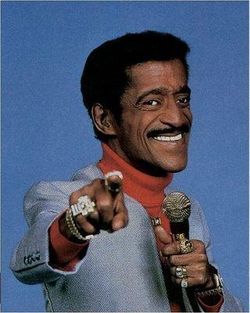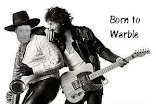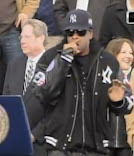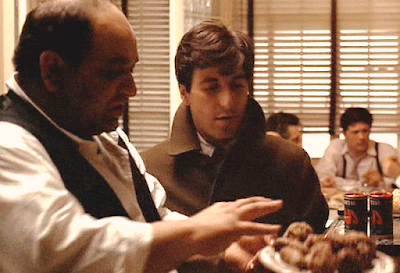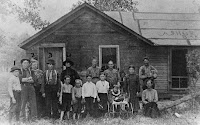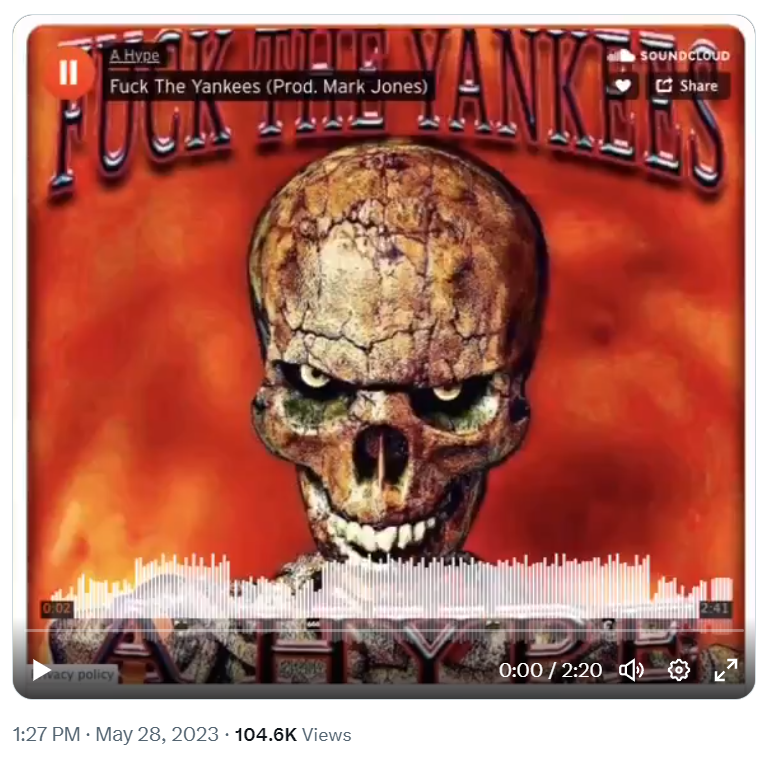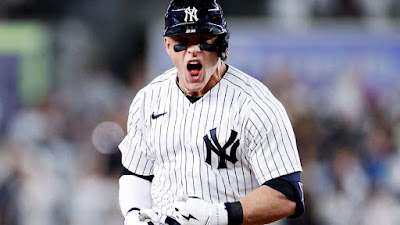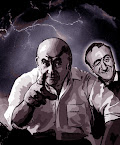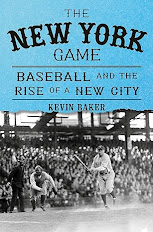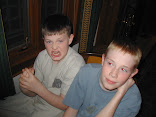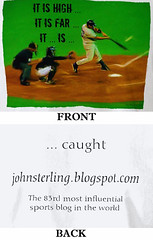When I was first following this lovable gang o' knuckleheads we call the New York Yankees, Bill Robinson was one of a seemingly endless stream of young players proclaimed to be "the next Mickey Mantle."
Even crueler, and rather bigoted-ly, he was supposed to be "the Black Mickey Mantle."
The Yanks traded Clete Boyer for him, a beloved holdover from the championship years who was still just 30 and, as it turned out, had plenty left. But that was all right. Bill Robinson, we were told, was a bona fide, five-tool player, guaranteed to hit, hit for power, run like the wind, catch everything hit to the outfield, and gun down anyone foolish enough to try to take an extra base on him.
In fact, if anyone on the Yankees had actually taken a good look at Bill Robinson's career they might have seen how dubious all of these expectations and comparisons really were.
Unlike Mantle, who was in the major leagues at age 19, Bill Robinson was already 24 when he came to the Yanks in 1967. He'd only had a cup of coffee with Atlanta in 1966—all of 11 at-bats.
More ominous still, a glance at his record would have shown that Bill often struggled going from one minor-league level to another. He didn't strike out much, but then he rarely drew walks, something that would have rung alarm bells today.
He'd stolen 29 bases four years earlier...and never more than 7 after that. Leg injuries? He'd once had 21 assists in a season...and never more than 10 after that. Leg and arm injuries???
Who knew? Who cared? Surely Bill Robinson was the real deal, part of the Yankee
nouvelle vague, along with the likes of Bobby Murcer, Roger Repoz, Ross Moschitto, Tony Solaita, and Frank Tepedino. He was the can't-miss key to the future.
Maybe it was all those expectations that accounted for the faintly queasy look on Robinson's face, whenever he was photographed as a Yankee. He knew this was trouble.
But for a moment, it seemed as if it could be true. After a terrible rookie year in which he hit .196 in 116 games, Bill had a pretty good 1968, batting .240 with a little pop, on a Yankees team that hit all of .214—and in an entire league that hit .230.
The next Mickey Mantle? Hell, Bill Robinson out hit the current Mickey Mantle by 3 points that year!
Then came a disastrous 1969, in which Bill hit .171, awful even for that pitching-dominant era. He lasted barely more than half the year, before being sent down to the Gem City Salt City of New York State, Syracuse.
That off-season, he was peddled away to the White Sox for a washed-up hurler, one Barry Moore, who never even appeared with the Yankees or one of their farm clubs. The White Sox quickly moved him on to the Phillies, in exchange for an infielder who never appeared in any big-league game.
Meanwhile, Clete Boyer won a Gold Glove and a 26-home-run season with the Braves, and won a division title with them. Fans were beginning to call the trade one of the worst the Yanks had ever made.
By 1972, Bill Robinson was 29, and had not appeared in the majors for 3 years. Today, he would be labeled a "AAAA" washout, and likely discarded. But he was hitting well in the minors, and a woeful, last-place Phillies club called him for half a season.
The next year, 1973, Robinson hit .288 with 25 homers and 32 doubles. At age 30, it seemed, the former phenom had at last put it all together.
Or maybe not. Bill slumped badly again in 1974, and the Phils moved him on to the Pirates for Wayne Simpson, yet another, dead-armed pitcher.
In Pittsburgh, Robinson volunteered to play anywhere and everywhere, putting in time at third and first, as well as the outfield. Slowly, he got his game back.
In 1976, he hit .303, with 21 homers. In 1977, his apogee—aged 34—he hit .304, with 32 doubles, 26 homers, and 104 RBI. He started to trend downhill after that, but still managed to hit .264 with 24 homers for the 1979, "We Are Family" Pirates team. That fall, he started what turned out to be the winning rally in Game 7 of the World Series.
Who knows why—maybe it was the moustache—but he had become a tough, grizzled veteran, who had learned the ropes.
When his playing days ended, Robinson became a hitting coach with the Mets, who called him "Uncle Bill," and adored him. They loved giving him "hot foots" (well, you know, ballplayers). He was particularly beloved by a young Kevin Mitchell, who he took under his wing and who once clocked Rick Rhoden in a 1986 game because Rhoden dared to get in a shoving match with Uncle Bill.
(Would that he had hit Rhoden hard enough that even the Yanks would not have traded Doug Drabek for him the next season!)
A baseball lifer, Bill Robinson died in a hotel room in Las Vegas in 2007, where he was a hitting instructor for the Dodgers' minor-league team in that sleepy little burg.
His story us, of course, one of remarkable persistence. Maybe even a unique story.
Could Estevan Florial do the same? I dunno. Probably not. But it's worth considering that some guys just take longer to figure it all out. Worth considering especially when your main alternatives are Willie Calhoun and Jake Bauers.












